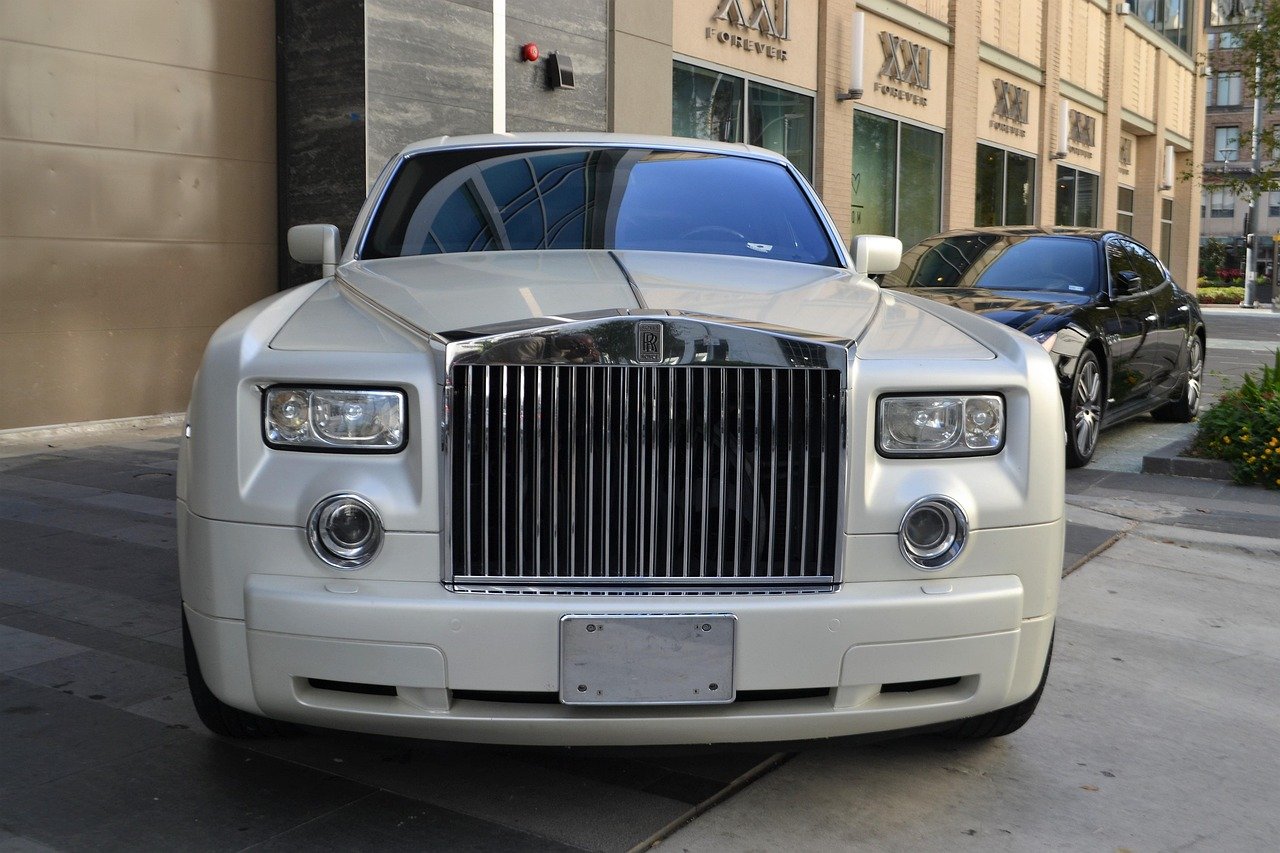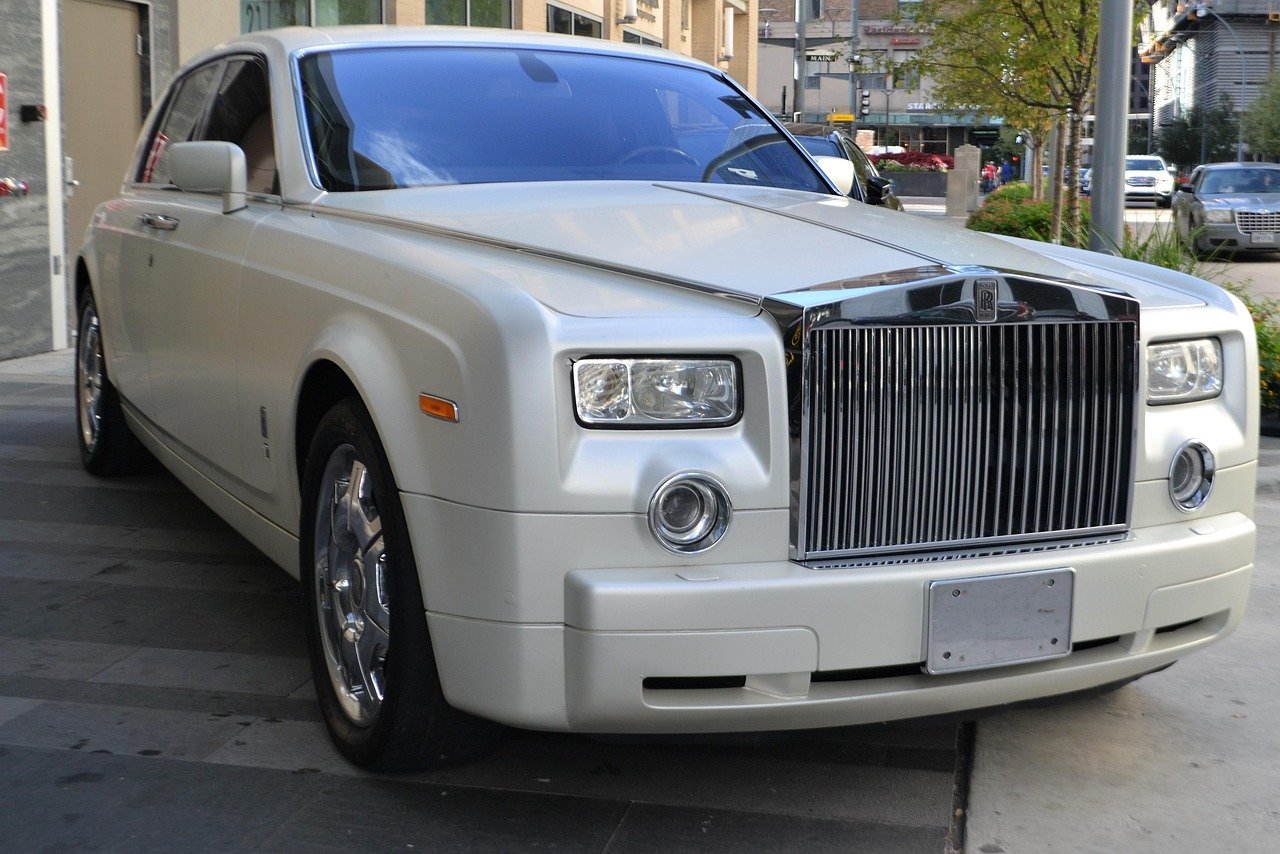Have you ever wondered what it truly means to be considered wealthy? In today’s world, where economic dynamics are ever-changing, the idea of wealth can be subjective and varies from one individual to another, and sometimes even from one region to the next. What might be perceived as affluence in one location might not translate to the same status elsewhere. Understanding these nuances is essential for anyone trying to grasp the concept of wealth.
Understanding the Concept of Wealth
Wealth is a term that often invokes various images and ideas, ranging from luxurious lifestyles to financial security. However, defining what is considered wealthy involves more than just a snapshot of someone’s bank account. It includes a comprehensive look at financial assets, liabilities, lifestyle, and more importantly, personal and cultural values.
Wealth vs. Income
The terms “wealth” and “income” are frequently used interchangeably, but they mean different things. Income is the amount of money one earns regularly, typically annually, by working or investing. Wealth, on the other hand, refers to the total value of all of the resources a person owns, including real estate, investments, savings, and sometimes unique assets like art collections or commodities. You can have a high income but not be wealthy if your expenses and liabilities outpace your earnings. Conversely, someone might have a modest income but significant wealth accumulated over time.
Measuring Wealth
There are different metrics and indicators used to measure wealth, including net worth, disposable income, and even purchasing power. Here’s a closer look at these measures:
- Net Worth: This is the total value of assets minus liabilities. It provides a clear picture of financial standing.
- Disposable Income: The amount of money that a household has to spend or save after income taxes have been deducted.
- Purchasing Power: This is a measure of wealth by determining what your income and savings can buy in terms of goods and services.
Each of these metrics offers a different perspective on wealth, giving insight into an individual’s financial status.
Factors Influencing Perceptions of Wealth
Several factors influence how wealth is perceived, and acknowledging these can help you better understand this multifaceted concept.
Cultural Influences
Different cultures have unique ways of perceiving and exhibiting wealth. In some societies, wealth is not displayed openly and is considered a private matter, while in others, a lavish lifestyle is a marker of success. Cultural attitudes can affect how you perceive your wealth and can be a significant factor in the definition of what it means to be wealthy.
The Role of Geography
Where you live plays a critical role in defining wealth. For instance, the cost of living in urban areas is typically higher than in rural regions, which can drastically shift the threshold of what is considered wealthy. A six-figure income can go a long way in certain areas, but might not stretch as far in major cities with high living costs.
Economic Conditions
Economic conditions, both global and local, also impact perceptions of wealth. During times of economic crisis, the definition of being wealthy might change as people’s financial securities are threatened. Furthermore, inflation rates alter purchasing power, affecting overall wealth perceptions.
Social Media and Lifestyle
In today’s digital age, social media plays a significant role in shaping perceptions of wealth. The portrayal of luxury in social media can set unrealistically high standards and influence how individuals define and aspire to wealth. It is essential to differentiate between perceived wealth on these platforms and actual financial stability.

This image is property of pixabay.com.
The Psychological Aspect of Wealth
Wealth isn’t just a financial concept; it has psychological dimensions. This means that the perception of wealth can influence emotions and overall well-being.
Financial Security
One of the psychological benefits of being wealthy is financial security. Having enough resources to cover emergencies, retire comfortably, or pursue personal interests without financial constraints can boost your mental health and reduce stress.
The Pursuit of Happiness
While more money can buy comforts and access to better healthcare, it’s not a guaranteed path to happiness. Studies suggest that after a certain point, the correlation between more wealth and increased happiness diminishes. Being wealthy should also include focusing on satisfaction, contentment, and the fulfillment of personal goals.
Wealth and Identity
For many, wealth is closely tied to identity. It can influence how you see yourself and how others perceive you. Understanding this relationship can be vital for maintaining a healthy perspective on what wealth means to you.
Wealth in Different Generations
Generational perspectives on wealth can vary significantly, with each bringing its own set of values and expectations.
Baby Boomers
For baby boomers, wealth accumulation was often linked to owning a home and having a stable retirement plan. The value was mostly placed on physical assets and savings as indicators of wealth.
Generation X
Gen Xers often straddle the line between traditional investments and more modern financial strategies. They value experiences and might see wealth in terms of freedom and the ability to try new things.
Millennials
Millennials tend to value experiences over material possessions, and their definition of wealth often includes the ability to travel, pursue passions, and maintain work-life balance. They are less focused on tangible assets and more on financial independence.
Generation Z
For Gen Z, wealth is sometimes connected with entrepreneurship and digital assets. They are entering an era where cryptocurrencies and online ventures are viable paths to building wealth, reflecting their unique views on what it means to be wealthy.

This image is property of pixabay.com.
Socioeconomic Implications
The definition of wealth carries profound implications for socioeconomic structures globally.
Wealth Distribution
Wealth distribution is a critical global issue. The disparity between the wealthy and the poor has social and economic implications, influencing policy decisions and societal norms. Being aware of this can help foster a more equitable understanding of wealth.
Wealth Tax
Debates over implementing wealth tax policies highlight the complexities of defining wealth. A wealth tax focuses on taxing the very wealthy more heavily to redistribute resources and reduce inequality.
Social Responsibility
With wealth often comes a degree of social responsibility. Many wealthy individuals and corporations engage in philanthropy, using their resources for societal benefits. Understanding this aspect can broaden perspectives on how wealth is perceived and exercised.
Wealth: Personal Values and Goals
Ultimately, what you define as wealthy can largely depend on personal values and life goals, and recognizing this personal dimension is crucial.
Personal Financial Goals
Your personal financial goals and aspirations can greatly influence how you view wealth. For some, wealth equates to family security, while for others it might mean the freedom to pursue passions. Identifying these goals can provide clarity in your financial journey.
Aligning Wealth with Values
Aligning your wealth with your values is essential for fulfillment. Whether it’s through ethical investing, supporting sustainable practices, or giving back to the community, using wealth in a manner that reflects your values can significantly enhance its meaning.
Legacy Planning
For many, defining wealth includes the ability to leave a legacy. This encompasses ensuring financial stability for future generations or contributing to meaningful causes that resonate personally.

This image is property of pixabay.com.
Conclusion
What is considered wealthy is a complex and multifaceted question without a one-size-fits-all answer. It encompasses not just financial assets, but personal, cultural, and psychological dimensions. By considering these factors, you can form a more informed and personalized understanding of wealth, leading to more fulfilling financial and personal choices. It is vital to acknowledge these intricacies to determine what wealth truly means for you in this diverse and ever-changing world.





